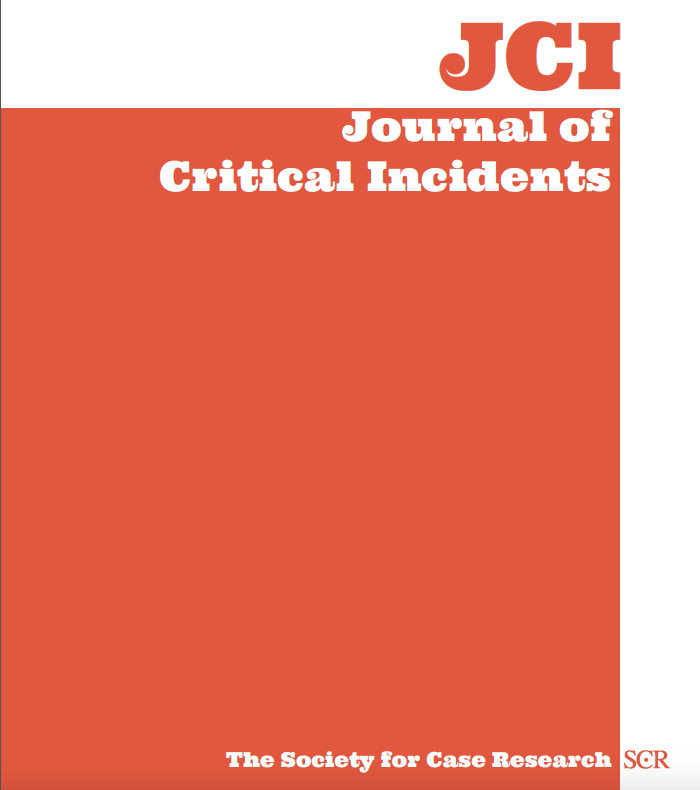Authentic Plagiarism?

A significant number of students in an online, undergraduate business course apparently copied portions of published instructional material into papers they had written after playing a webbased simulation. Dr. Jones intended to enforce the academic integrity policy documented in her syllabus, which meant giving each student’s paper a failing grade. Remembering a similar situation, he had faced as a freshman, graduate assistant Matt Carter hoped to persuade his faculty member to allow students to rework their papers for a reduced grade. Before considering his request, Dr. Jones asked Matt to review the ethical decision-making process that led him to his conclusion.
Learning Outcomes
In completing this assignment, students should be able to:
1. Define plagiarism and identify the range of implications associated with it
2. Identify common reasons for student plagiarism and suggest ways that faculty can counteract them
3. Assess the situation from the viewpoints of four philosophical schools of ethics
4. Present a solution based on evaluation of competing values of justice (being impartial and even-handed) and mercy (compassion) in this situation to present a solution
Application
This critical incident is intended to promote, inform, and enrich discussion about academic integrity in writing within the context of ethical decision-making for students at all levels.
